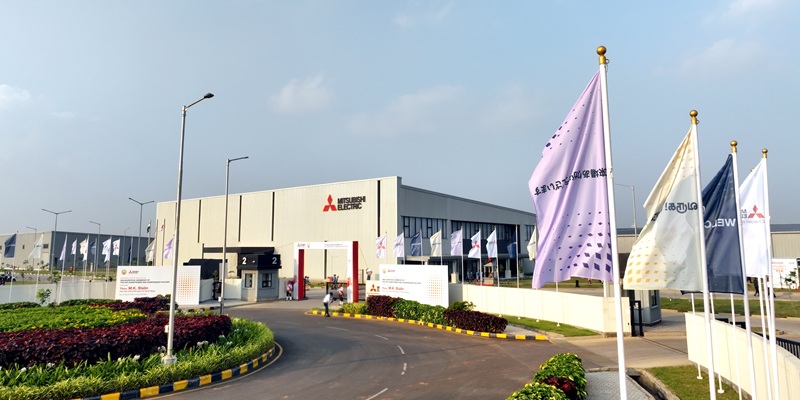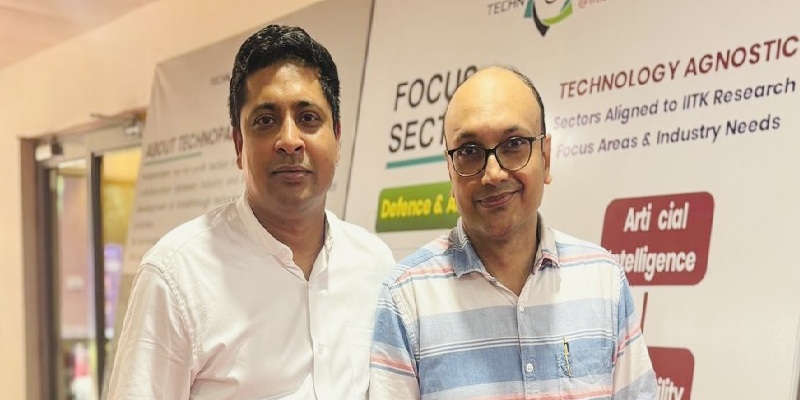Schedule a Call Back
5 Riveting ways multi-die systems revolutionise chip manufacturing
 Articles
Articles- Oct 23,23
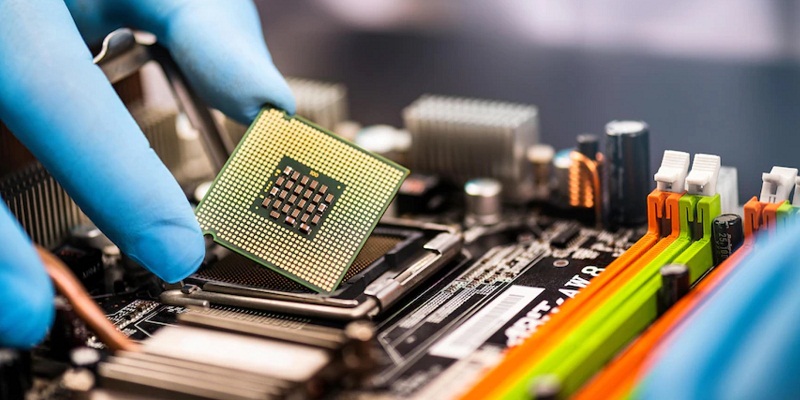
Related Stories
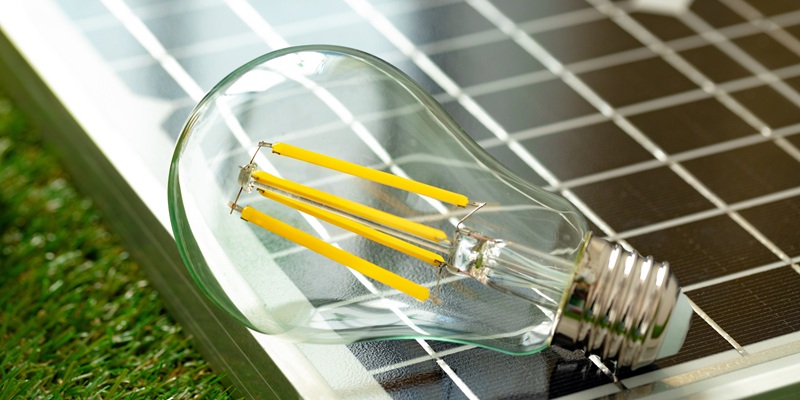
Is your facility ready to handle the energy demands of full automation?
As warehouses scale AI-driven automation, energy demand is emerging as a critical constraint alongside productivity gains. Strategic power planning is now essential, writes Emily Newton.
Read more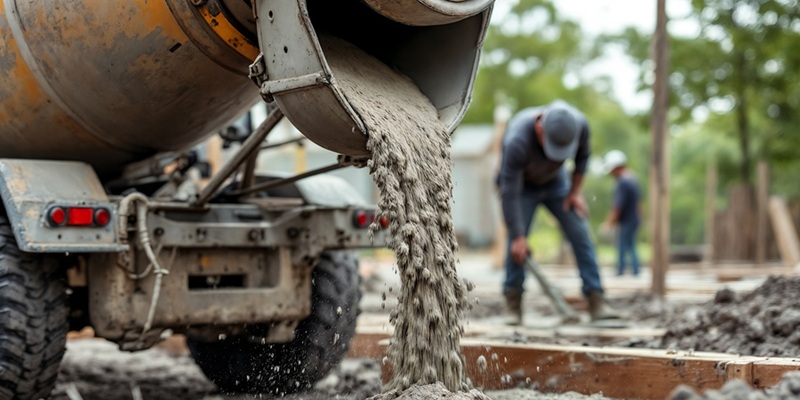
How is AI shaping the future of cement milling?
AI is transforming cement milling by enabling dynamic, data-driven control that improves energy efficiency, stabilises throughput and enhances asset reliability. By leveraging real-time data, predic..
Read more
TRUMPF Showcases Laser and Plasma Technologies at Semicon Japan 2025
At Semicon Japan 2025, high tech company TRUMPF demonstrates how innovative laser and plasma technologies can reduce production costs, improve chip quality, and make the semiconductor industry fit f..
Read moreRelated Products
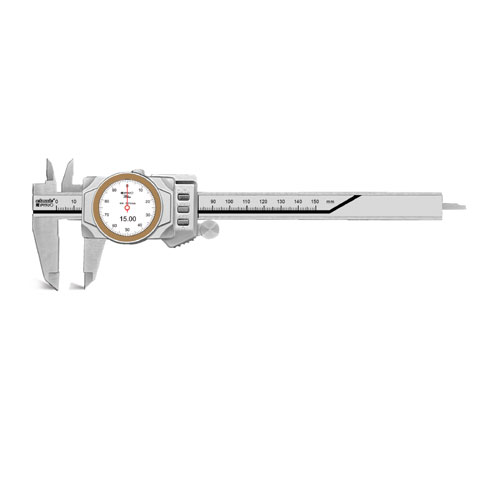
Digimatic Smart Caliper
Veekay Industries offers a wide range of digimatic smart caliper.
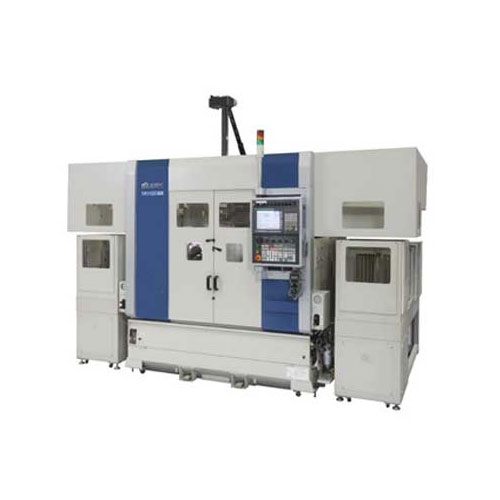
Compact Fmc - Motorum 3048tg With Fs2512
Meiban Engineering Technologies Pvt Ltd offers a wide range of Compact FMC - Motorum 3048TG with FS2512.

Digital Colony Counter
Rising Sun Enterprises supplies digital colony counter.





